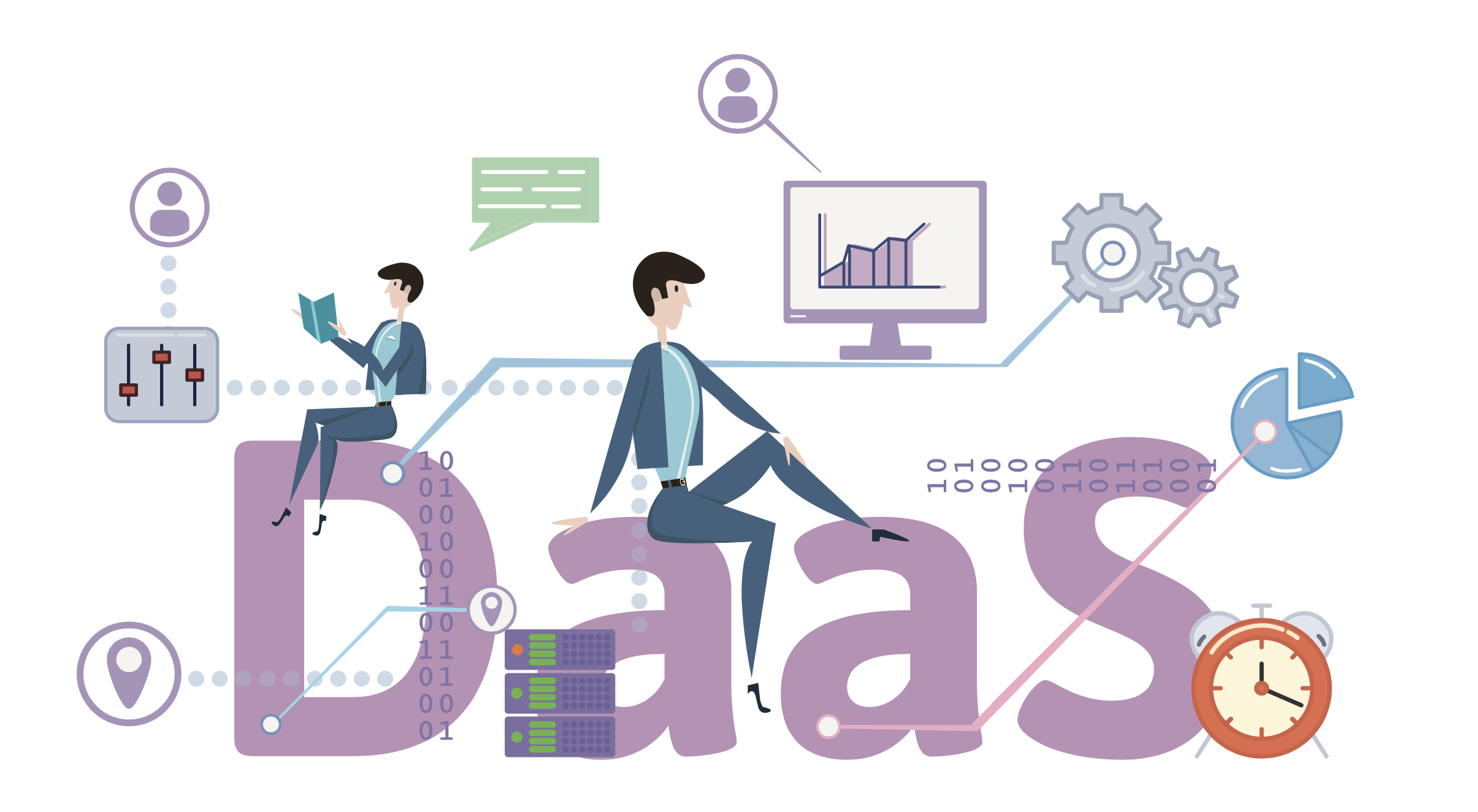Partnering with a managed IT service provider (MSP) can take the heavy lifting off your company, allowing you to focus on your core business goals. Determining when to switch your company's IT to a third-party MSP can be a difficult decision. Here are some of the best indicators to know when partnering with an MSP can be the right decision for your company.











